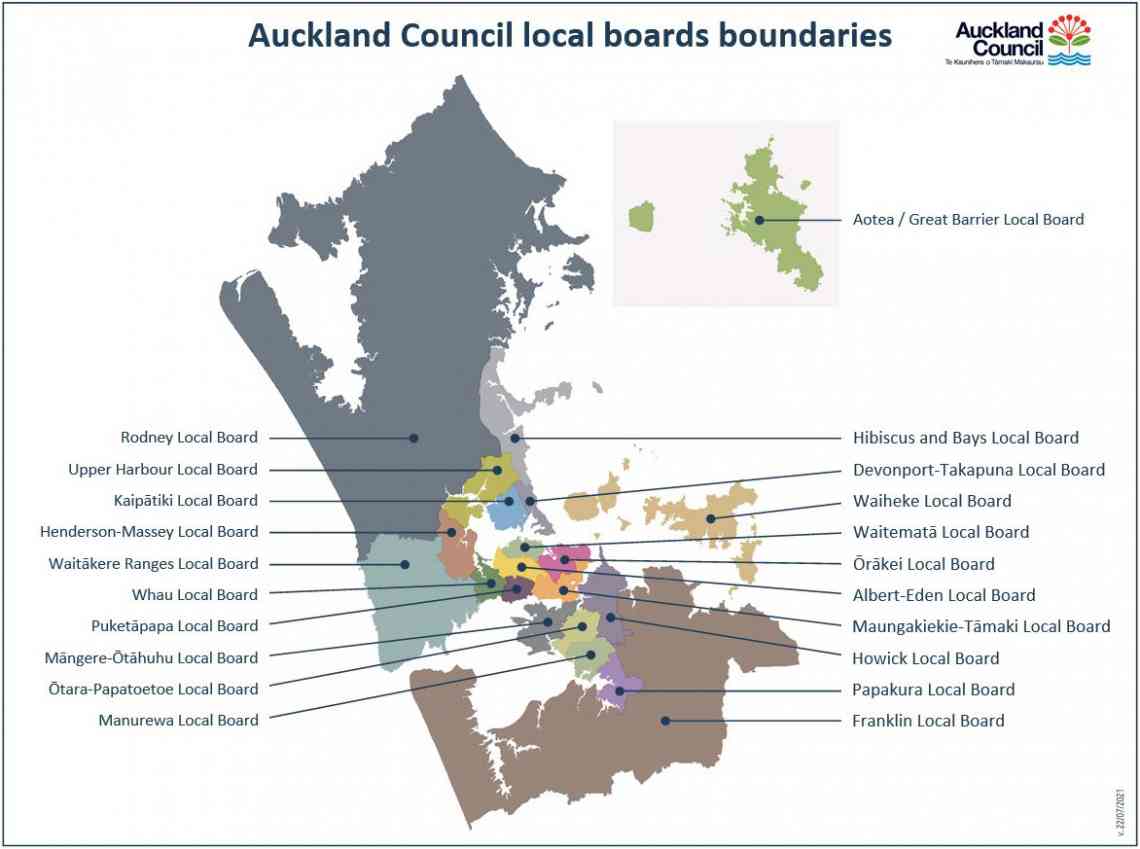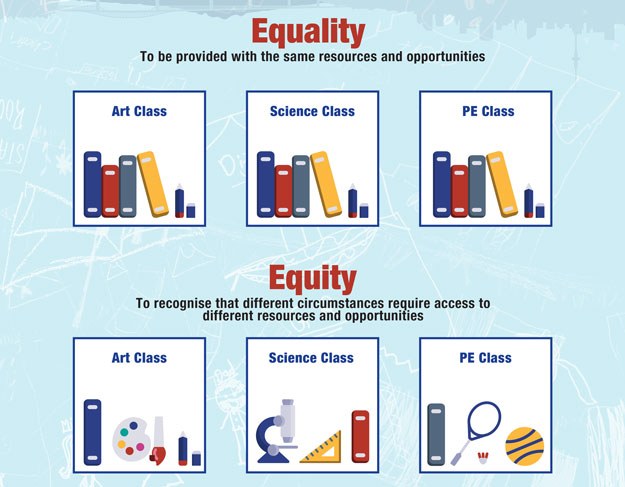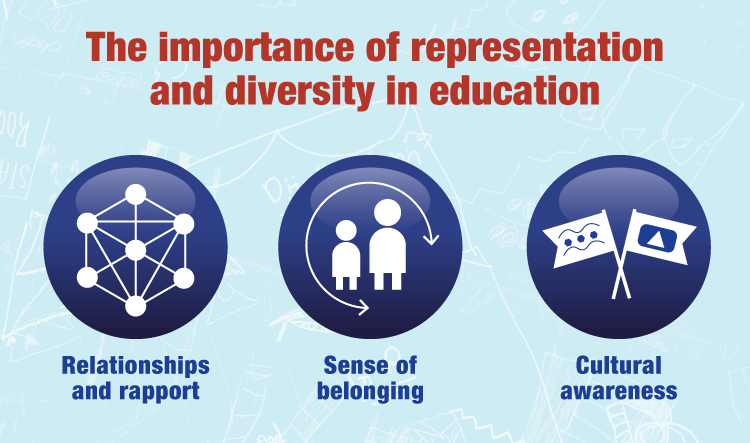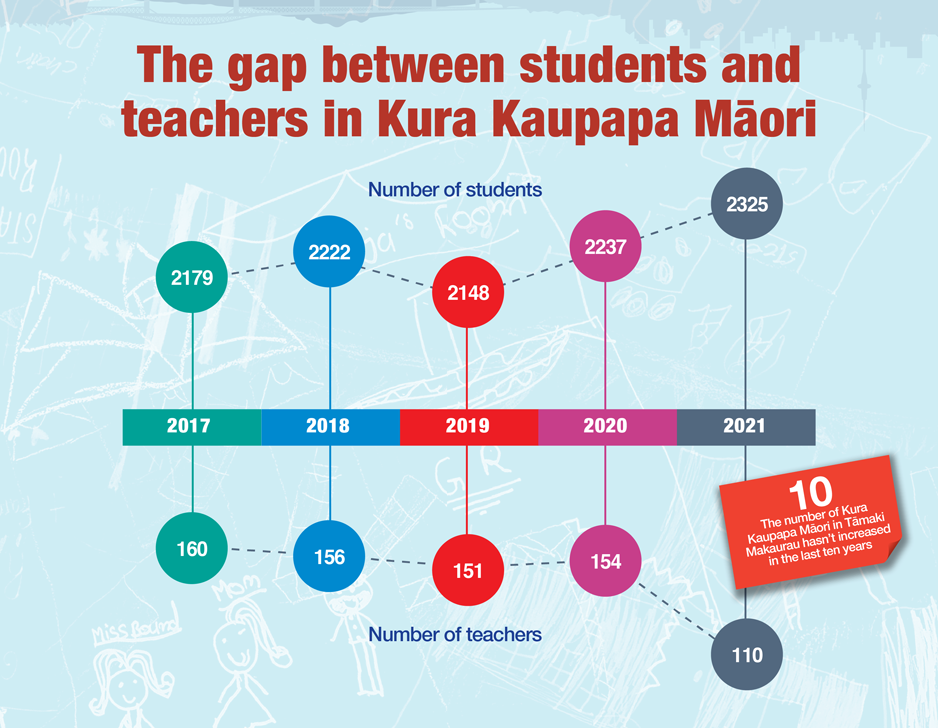
The latest Data Snapshot is out! Get your FREE copy of Tāmaki Makaurau Snapshot of Education, Learning and Skills 2022.
“Equity does not mean that all students obtain equal education outcomes, but rather that differences in students’ outcomes are unrelated to their background or economic and social circumstances over which students have no control.” OECD (2018), Equity in Education: Breaking Down Barriers to Social Mobility.
Find your 2022 local board snapshot #
Data snapshots of Auckland Council's local boards with the latest information on learning pathways, from early childhood through school to tertiary and employment. These snapshots include a special feature on the weekly income and self-assessed health status by qualification.
Get your FREE pdf copy! You can find your local board by entering your address here, or by looking at the map below.

We believe that too many in Tāmaki Makaurau face greater barriers to educational and career achievement because of their socio-economic circumstances, while not being adequately supported culturally, linguistically, and holistically. This year’s snapshot “Equity through Education” highlights gaps in local education and employment where we question if services, delivery, and facilities are keeping up with the diverse cultural and demographic needs of our population.
Are we satisfied with the cultural diversity of our teaching staff? How can we better support out ECE teachers to use their home language at local centers? How many local boards have access to kura Kaupapa Māori for their community? What is the skill demand in your local area? We believe that providing relevant data and evidence will enable educators and other decision-makers to tailor educational support to our diverse population, thus empowering learners to overcome economic and/or social circumstances over which they have no control.
The Equity Index and other attempts at a more equitable education system in Aotearoa #
Written by Kate Cabusao, Te Hononga Akoranga Intern 2022
It is critical to note that while the terms “equality” and “equity” may seem similar, are very different. Equality is often defined as everyone having access to the same opportunities and resources, that is to say, to satisfy the needs of each individual.
On the other hand, equity refers to a system where unequal goods are redistributed in order to create systems and schools that share a higher likelihood of becoming more equal. Because people differ in their abilities, this concept calls for an unequal distribution of resources.
In terms of the education system, this implies that every student must have access to educational resources depending on their demonstrated capacities or their ability to make use of them.
Read the full analysis here.

The benefits of an ethnically diverse teaching force #

Aotearoa continues to become more ethnically diverse as we embrace the multi-cultural aspect of our country. Our student population mirrors this diversity, and we need to ensure our schools are supporting the communities, cultures and ethnicities to provide the best learning environment.
Read the full analysis here.
Boosting Māori resources #
In the 2022 Budget, the Government announced plans to add an additional 1,000 teachers – sourced from overseas (700) and domestically (300) to the teaching workforce. Their long-term goal is to improve the supply of domestic teachers and have announced a number of initiatives that would ease and accelerate the teacher training process.
The question remains, out of this focus to increase the supply of teachers - is enough being done to increase the number of Māori teaching staff, especially to match the demand of an increase in the number of students in Māori medium education?
Read the full analysis here.
